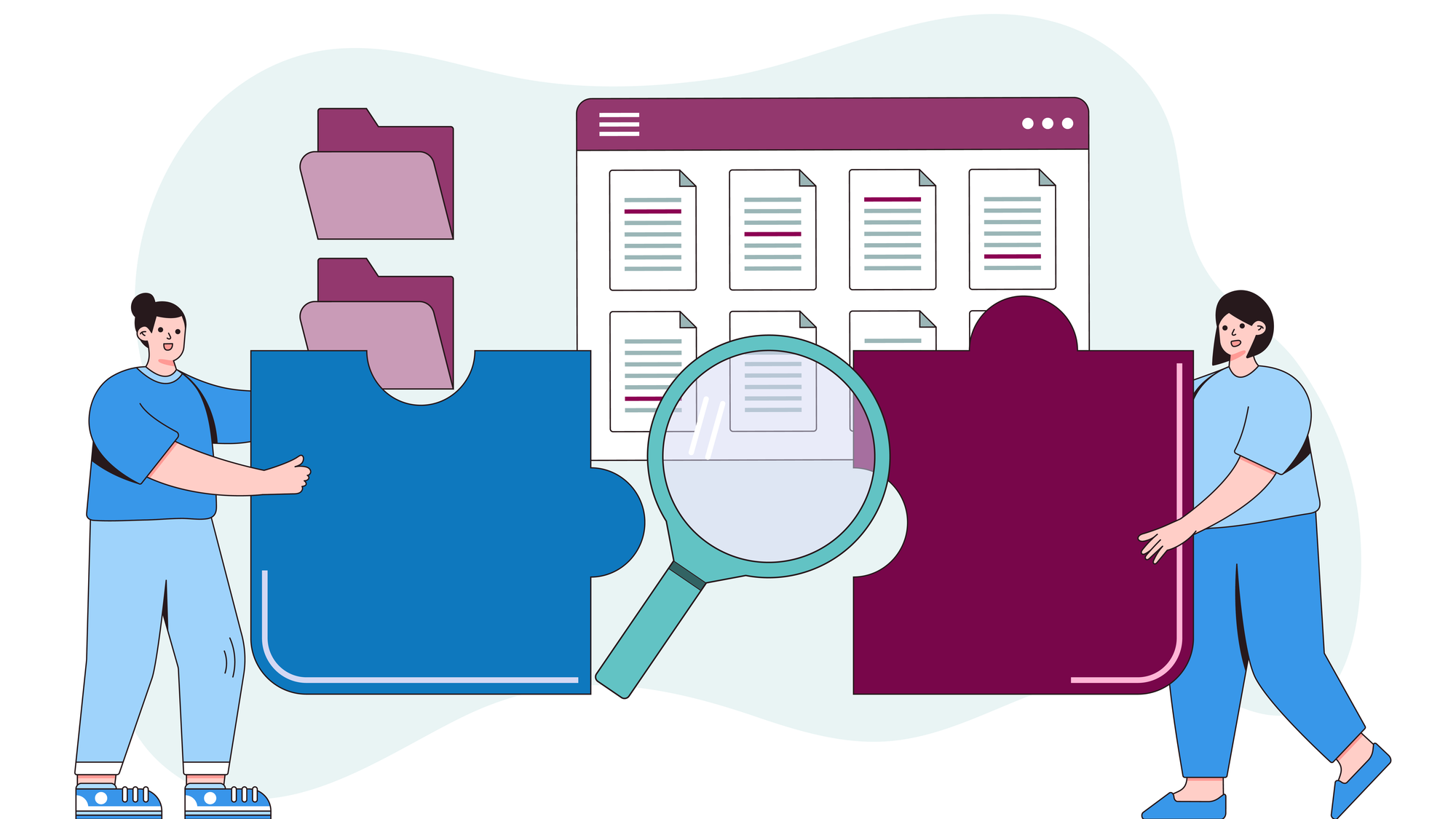6.1 Introduction to the General Issue of Replication
Replication studies can make an important contribution to open science and research transparency. They confirm the validity of scientific conclusions and provide insights into what methods are necessary for robust results. For replication to be possible, authors must share the materials and the data used in the analyses. This is commonly performed as part of their published articles.

While documenting and sharing data and code requires some additional effort, this is outweighed by the benefits of this practice. Making the data and/or code accessible to other researchers for the purpose of replication helps to build transparency and trust in the scientific community. At the same time, sharing the data and code can help to counteract publication bias as well as data errors. Replication studies can create additional value for the scientific community and the original data collectors by forming the basis for cumulative research and by facilitating the creation of networks. By enabling the persistent identification of research data and/or code by means of Digital Object Identifiers (DOIs), replication services facilitate the citation of research outputs and therefore make it easier to credit the creators.